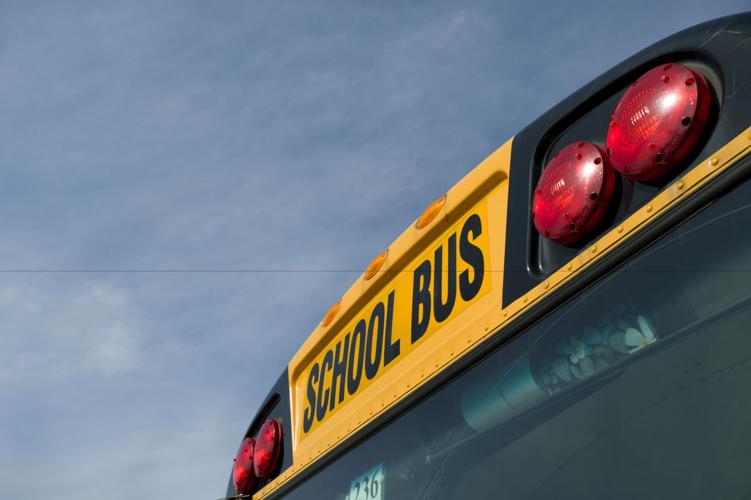Controversy continues to bubble around proposed learning standards for Louisiana's youngest children and whether they will pave the way for talks on racism and other volatile topics.
The state Board of Elementary and Secondary Education, which approved new benchmarks 8-2 in August, is set to tackle the issue again Dec. 13 after a public hearing last month sparked by critics of the changes.
The state Department of Education is recommending to BESE that the public comment period be extended another 20 days, starting Dec. 15, after opponents requested just such an extension at the hearing.
State Superintendent of Education Cade Brumley, who has criticized the standards, said in a statement Monday the changes need more work.
"My assumption is that our board will pass the early learning standards again as they did in August," Brumley said.
"My position has been consistent in that I have concerns with the vague language, and I believe more time for revisions and adjustments could be considered," he said.
But backers note that a 25-member committee of child experts, parents and others spent more than a year crafting the benchmarks.
"There has been overwhelming support all along the way," said Libbie Sonnier, executive director of the Louisiana Policy Institute for Children and the leader of the committee work.
Sonnier noted that, during the public hearing, the changes were backed by 50 people and criticized by five.
The standards spell out how children from birth to age 5 should grow, including literacy, cognitive and physical development and other areas.
However, critics have seized on how experts should handle "social and emotional development" and said the wording mirrors recommendations from a nonprofit group called CASEL that touts the need for instruction on gender identity and racism.
"Social emotional learning is considered by many to be a Trojan horse for critical race theory," Brumley said in August, a theory that refers to the view that the legacy of White supremacy permeates society today.
Backers counter that social and emotional learning includes praise for children and talking to them about their feelings and emotions.
They also say critics are unable to cite specific passages in the new benchmarks that they find objectionable.
The committee that recommended the changes held seven public meetings from April 2021 until April 2022.
A public comment online portal was open from April 13 to May 9.
The changes were also reviewed by the Early Childhood Care and Education Advisory Council and the Superintendents' Advisory Council ahead of BESE approving them in August.
BESE President Jim Garvey, one of two "no" votes cast when the board approved the standards, said Monday they still need more work.
Garvey said the fact social and emotional learning is linked to a group that "promotes teaching racism in the classroom" needs to be addressed.
He said he thinks a balance can be struck between advocates of social and emotional learning and those concerned that the topic opens a door to discussing racism.
If BESE next weeks opts not to extend the public comment period the standards would be forwarded to legislative oversight committees, where opponents are expected to try to force changes.


